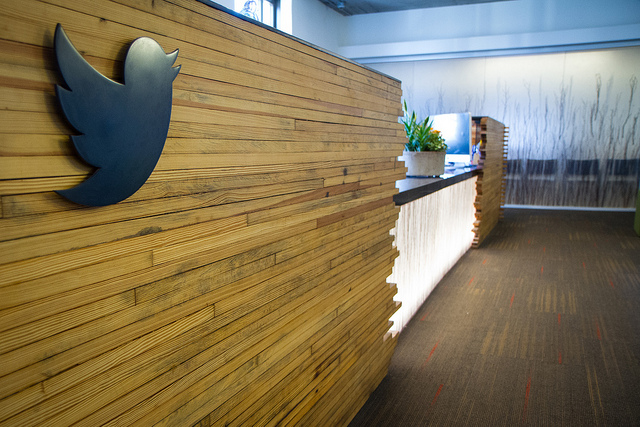One of the great strengths of the social and cloud business model was the idea of the open API, recent moves by Twitter and LinkedIn show that era might be coming to an end.
This week Nick Halstead, the founder and CEO of business intelligence service Datasift, bemoaned his company’s failure to negotiate an API access agreement with Twitter that restricts their ability to deliver insights to customers.
Earlier this year LinkedIn announced they would be restricting API access to all but “partnership integrations that we believe provide the most value to our members, developers and business.”
Monetizing APIs
Increasingly social media and web services companies are seeing access to APIs as being a revenue opportunity – something many of them are struggling to find – or as a way of building ‘strategic partnerships’ that will create their own walled gardens on the internet.
For developers this is irritating and for users it restricts the services and applications available but it may turn out to backfire on companies like LinkedIn and Twitter as closing down APIs opens opportunities for new platforms.
A few years ago industry pundits, like this blog, proclaimed open APIs will be a competitive advantage for online services. Now we’re about to find out how true that is.
One thing is for sure; many of the companies proclaiming their support for the ‘open internet’ are less free when it comes to allowing access to their own data.

Leave a Reply